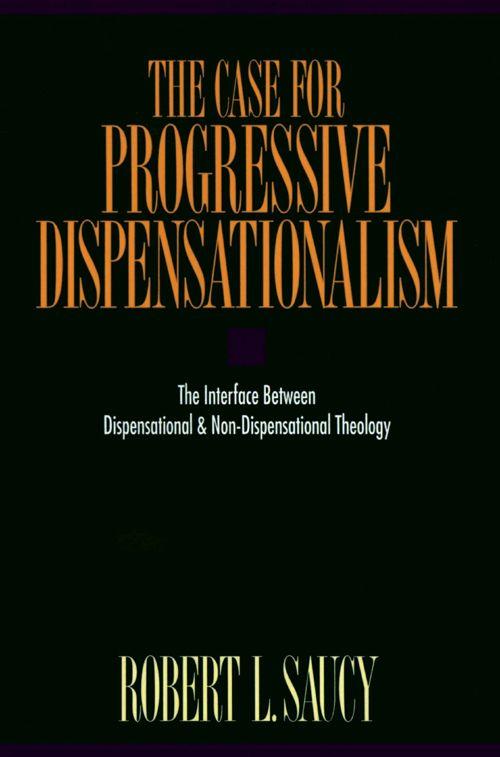

Most ebook files are in PDF format, so you can easily read them using various software such as Foxit Reader or directly on the Google Chrome browser.
Some ebook files are released by publishers in other formats such as .awz, .mobi, .epub, .fb2, etc. You may need to install specific software to read these formats on mobile/PC, such as Calibre.
Please read the tutorial at this link: https://ebookbell.com/faq
We offer FREE conversion to the popular formats you request; however, this may take some time. Therefore, right after payment, please email us, and we will try to provide the service as quickly as possible.
For some exceptional file formats or broken links (if any), please refrain from opening any disputes. Instead, email us first, and we will try to assist within a maximum of 6 hours.
EbookBell Team

4.4
22 reviewsOver the past several decades the system of theological interpretation commonly known as dispensationalism has undergone considerable development and refinement. The impetus for change has come largely from among dispensationalists themselves as, through mutual discussion, they have felt the need to revise classic dispensationalism at several points. The process has been aided considerably by an increasing dialogue between dispensationalists and those from non-dispensational traditions. One senses a new openness to listen and learn from one another on the part of many in these traditions.
Because, as we will argue in this work, the nature of the fulfillment of the prophecies concerning Israel remains the crucial issue dividing many dispensationalists from non-dispensationalists, the existence of the state of Israel has, no doubt, also contributed to this dialogue. The Jewish experience leading to the establishment of the state of Israel and the continuing world focus on the problems of the Near East have brought renewed interest in the theological question of the place of Israel in God’s plan for the world.
Our purpose in this work is to bring additional clarification to a contemporary form of dispensationalism that, although differing in some details among its adherents, is in general shared by many today. It is hoped that this will both give traditional dispensationalists a greater understanding of what some of their colleagues are saying, and aid the ongoing dialogue with non-dispensationalists. For many of us, references to dispensational interpretations by those not holding this position no longer speak to the real issues over which we differ. It is hoped that this work will help clarify the changes that have taken place within dispensationalism so that we can focus on the issues that still need resolution. In this regard, the question of the time of the rapture has not been included in the work. While most dispensationalists probably hold to a pretribulation rapture of the church as being in certain respects more harmonious with dispensationalism in general, many would not desire to make this a determining touchstone of dispensationalism today. For these the broad dispensational interpretation of biblical history does not ultimately stand or fall on the time of the rapture.
As will be evident throughout our work, the changes in dispensationalism have been largely in the direction of a greater continuity within God’s program of historical salvation. Instead of a strict parenthesis that has no relation with the messianic kingdom prophecies of the Old Testament, many dispensationalists now acknowledge the present age of the church as the first-stage partial fulfillment of these prophecies. Israel and the church are no longer viewed as representing two different purposes and plans of God, as some earlier dispensationalists taught; they are now seen as sharing in the same messianic kingdom of salvation history. These changes have obviously brought more congruence between dispensationalism and non-dispensationalism at many points.